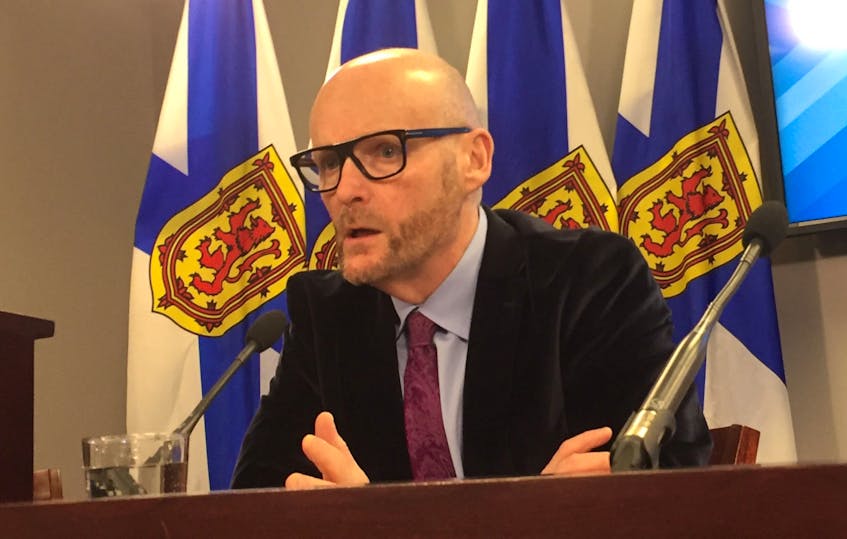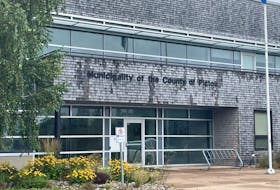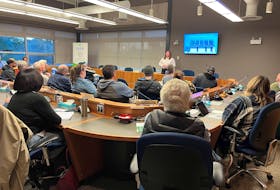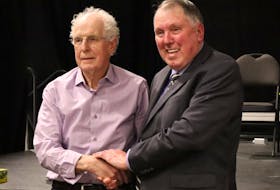The motion called for the government to quickly account for a $2 billion QEII capital project that the province’s auditor general identified as an open target for fraud, but the Liberals wouldn’t allow it.
NDP MLA Susan Leblanc introduced the motion at Wednesday’s public accounts committee meeting requesting Department of Transportation officials in charge of the province’s biggest ever capital project be called to the next committee meeting in January. The five Liberals, who hold a majority on the committee, voted the motion down.
Leblanc said she was disappointed by the Liberal committee members, saying that the auditor general’s report released the day before is deeply concerning and raised questions about whether the redevelopment project is moving ahead in a responsible way.
“This project is rolling ahead and it’s the biggest infrastructure project we’ve seen in Nova Scotia and there are significant issues with it,” said Leblanc.
Leblanc had simply asked for another committee meeting to be scheduled for January. She said it’s a matter of urgency.
“We need to be asking serious questions of the department so Nova Scotians can be assured the project is moving ahead in a responsible way.”
The auditor general found that the department had failed to implement a basic fraud management program nearly two years after receiving a consultant report addressing security risks with the project. Still, Pickup’s report found that the department had not implemented standard protections, including a fraud policy, code of ethics, fraud risk assessment, fraud awareness training, and processes to ensure ongoing monitoring of fraud risks.
Pickup and members of his auditing team presented at Wednesday’s meeting but the auditor general and the panel stuck almost entirely to the contents of the report. Pickup opted not to delve beyond his findings and point fingers at particular people within the department, besides saying that the minister and deputy minister are ultimately responsible for the department.
Tory committee member Tim Halman said the public deserves answers, adding that he was in full support of Leblanc’s motion.
“I’m interested and I think Nova Scotians are interested in the chain of command and the culture that exists within the department,” said Halman. “The context of this is that this is the biggest capital project in the history of our province. It’s worrying that there seems to be a lackadaisical approach to ensuring that it’s run responsibly.”
Liberal committee member Suzanne Lohnes-Croft said she wasn’t opposed to the transportation officials appearing before the committee. But she said the process needed to be followed properly with the topic being referred first to the Public Accounts subcommittee and then being put on a future agenda. She said she would support the department presenting in March.
“We need time for the department to digest this report,” she said. “They need to put things in place. We already know what's going on now, we need to know what's going forward in the right direction.”
But Halman said the Liberal members were simply abusing their majority power to avoid bad press and accountability.
“It’s another example of how this committee has become more and more challenging, that when you want to zero in on a topic of a provincial interest, it just gets tossed aside,” said Halman.
“That's what`s happened in the last year, the opportunity to ask those fundamental questions, to get the best public policy is severely limited.”









